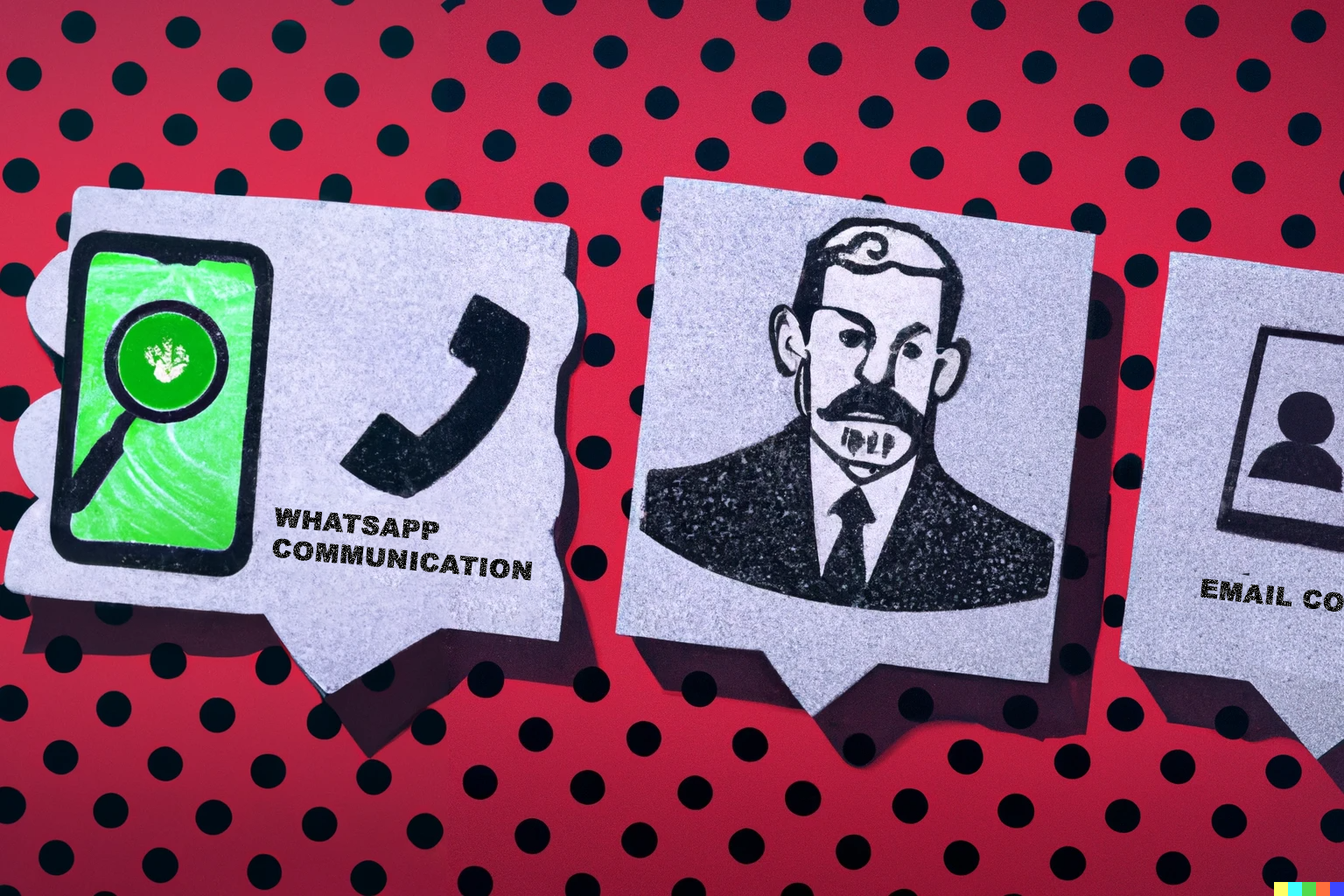Manu Krishna
Solutions Architect
The Rising Threat of CEO Scams, Deepfake, and Voice Cloning

The tools and methods used by cybercriminals, who are constantly looking for new ways to take advantage of companies, also advance along with technology. Two other emerging threats have gained attention: Deepfake and Voice Cloning, in addition to CEO scams and the WhatsApp platform attacks. These sophisticated fraud methods use artificial intelligence (AI) to manipulate both audio and visual data, posing serious risks to businesses around the world. In this blog post, we’ll look at these risks, how they operate, and the doable things that businesses can do to strengthen their defences against these evolving fraudulent practises.
Understanding Deepfake and Voice Cloning
Utilising AI algorithms, deepfake technology creates or modifies realistic images, videos, or audio files that frequently bear the likeness of the target person. Cybercriminals can add faces to different bodies using deep learning techniques, produce convincing videos with false narratives, or even produce audio that sounds like a particular person. On the other hand, voice cloning focuses solely on imitating someone’s voice and speaking style, enabling con artists to pass as real people.
The Implications of Advanced Fraud Techniques
- CEO Scams: Deepfake and Voice Cloning technology together with CEO scams pose a significant threat. These methods can be used by cybercriminals to trick workers with convincing videos or voicemails purporting to be from senior executives. The likelihood of employees becoming the target of phoney requests for money or private information rises as a result of this manipulation.
- Whatsapp Attacks: Scammers can impersonate reliable contacts on WhatsApp more convincingly with Deepfake and Voice Cloning. They put businesses at risk of financial loss or data breaches by producing convincing videos or audio recordings that persuade listeners to divulge private information or take unauthorised actions.
Protecting Your Business
- Employee Education and Awareness: Inform staff members of the dangers of Deepfake and Voice Cloning methods. Teach them how to spot signs of manipulated media and stress the value of validating requests through alternative channels like voice calls or face-to-face interactions.
- Implement multi-layered authentication (MFA) across all communication channels, including voice calls, messaging services, and email. You can improve security and reduce the risk of unauthorised access by requiring additional verification steps, such as biometric authentication or special passcodes.
- Advanced Detection Tools: Make use of AI-powered programmes that can spot deepfake videos, voice-over fraud, and identity theft. These tools can add another line of defence by assisting in the identification of fake media content and alerting users to suspicious activity.
- Establish stringent verification protocols for financial transactions, especially in response to time-sensitive requests. Encourage employees to contact the alleged sender directly to confirm the legitimacy of requests using established contact methods, such as in-person meetings or reliable phone numbers.
- Regular Security Assessments: To find weaknesses in your systems and procedures, conduct periodic security assessments. This entails assessing the resiliency of your communication channels and confirming the integrity of private communications like voice calls and video conferences.
The risks associated with CEO scams and WhatsApp attacks have increased due to the development of sophisticated fraud techniques like Deepfake and Voice Cloning. The best way to protect your company is to take a proactive approach that includes regular security assessments, multi-layered authentication, advanced detection tools, and employee awareness training. You can safeguard your business from the damaging effects of these evolving fraudulent practises by keeping up with the latest developments, making the appropriate technological investments, and promoting a culture of vigilance. In order to reduce the risks and guarantee the integrity of your company’s operations, keep in mind that a thorough defence strategy is essential.
